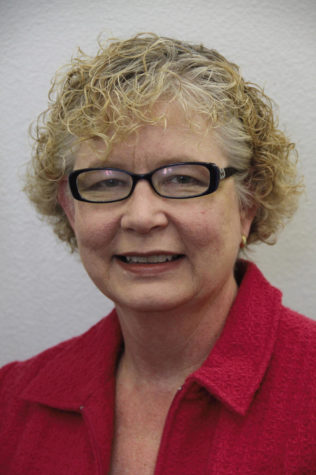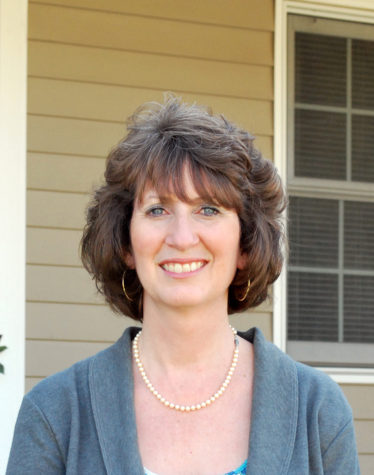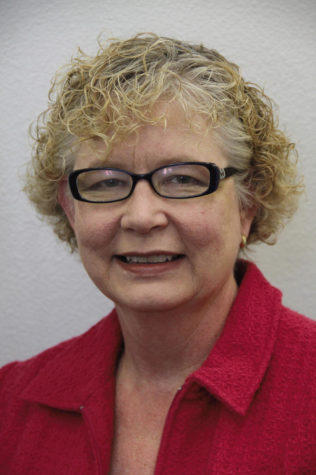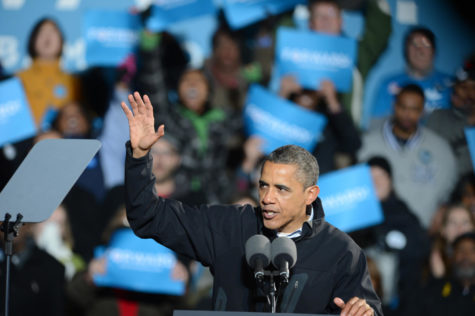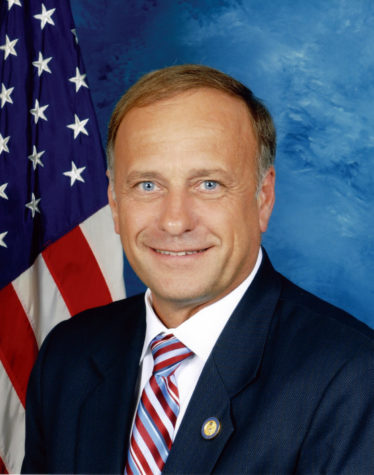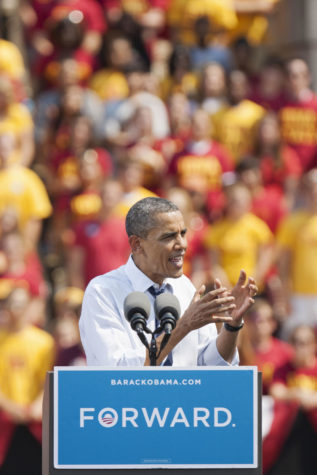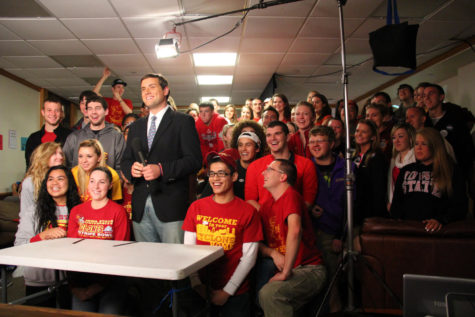Electoral college balances rights of states
November 2, 2012
For the first time in most Iowa State students’ lives they will be able to vote for the president of their country. The Obama campaign has launched inexhaustible campaigns encouraging those who are eligible to vote, but exactly the United States chooses a president is a little more complicated than turning in a ballot.
“We’re a republic, not a democracy. You elect your representatives, and they do it,” said Charles Dobbs, professor of history with a speciality in diplomatic history. “So if you don’t go vote on Tuesday following the first Monday of November, you have no right to complain. The only way we can express our power as the people is to have a hand in electing representatives.”
The representatives of each state and the District of Columbia are represented by the U.S. Senate and the U.S. House of Representatives. Each state gets two senators and house members whose numbers are based off the population of the state. The exception is the District of Columbia, whose number of representatives cannot exceed the state with the smallest number of representatives, which is Wyoming with two senators and one house member.
Collectively these representatives form the electoral college. It is through the electoral votes cast by electors, who are not senators or house members, that the President of the United States is elected every four years.
“The electoral college is a part of this broad series of compromises that try and reflect the interests of small states and big state,” Dobbs said. “What’s really fascinating is the word ‘electoral college’ or ‘elector’ is not in the Constitution. The word, no. The idea, yes.”
Valerie Hennings, adjunct assistant professor of political science and scholar-in-residence at the Carrie Chapman Catt Center for Women in Politics, explains the electoral college gives the individual states a role in electing a president.
“It maintains a federal system. That was a key concern of our founding fathers when they were coming up with our new governing system. How do we balance states’ rights and powers, as well as national rights and powers?” Hennings said. “What this does is it incorporates a role for the states in a way that a simple national vote would not.”
A criticism of the electoral college is that by not having a national vote decide the presidency, the will of the American people is not reflected in the outcome of the election. An example of this would be the 2000 Presidential Race between republican George W. Bush and democrat Al Gore where Gore won the national vote, but Bush won the electoral vote.
The election further left a bitter taste in the mouth of those who would argue that Gore would have won the presidency had he requested a recount in Florida. The effort required to perform a recount in one is challenging in the current system of voting via electoral college, but Hennings believes a recount in a direct election would be difficult.
“Let’s imagine that we did elect the president directly without any other system in place but the direct vote by the population. Imagine a recount. How would that work?” Hennings said. “Thinking in terms of maintaining the integrity of our elections it would be quite difficult to do a recount when it comes to that direct popular vote.”
Having the electoral college over the direct vote is helpful also in the way a candidate campaigns for president.
As the state with the first caucus, Iowa is barraged with president hopefuls from the beginning of the election process. Without the electoral college Iowa would not receive as much attention from politicians since it is not a larger state in terms of population. The electoral college requires candidates to appeal to the nation as a whole instead of focusing on large, populous states.
“What that means is that the presidential candidates can’t just focus on one particular region, one populous area with a homogenous population,” Hennings said. “Instead it does require an appeal to a broader base. Preferably, the candidates appeal to the nation.”
Without the electoral college the argument is the larger states would be unbalanced in terms of power. An argument for the electoral college is that it gives the balance of power among the states. The distribution of power reflects the checks and balances system the founding fathers were strongly interested in for the future of the United States when constructing the Constitution.
“You want to be sure there shouldn’t be an excess of power, so you diffuse power between the national government and the states,” Dobbs said. “You also diffuse national power between the executive branch, the legislative branch, and the judicial branch; they’re independent of each other.”






